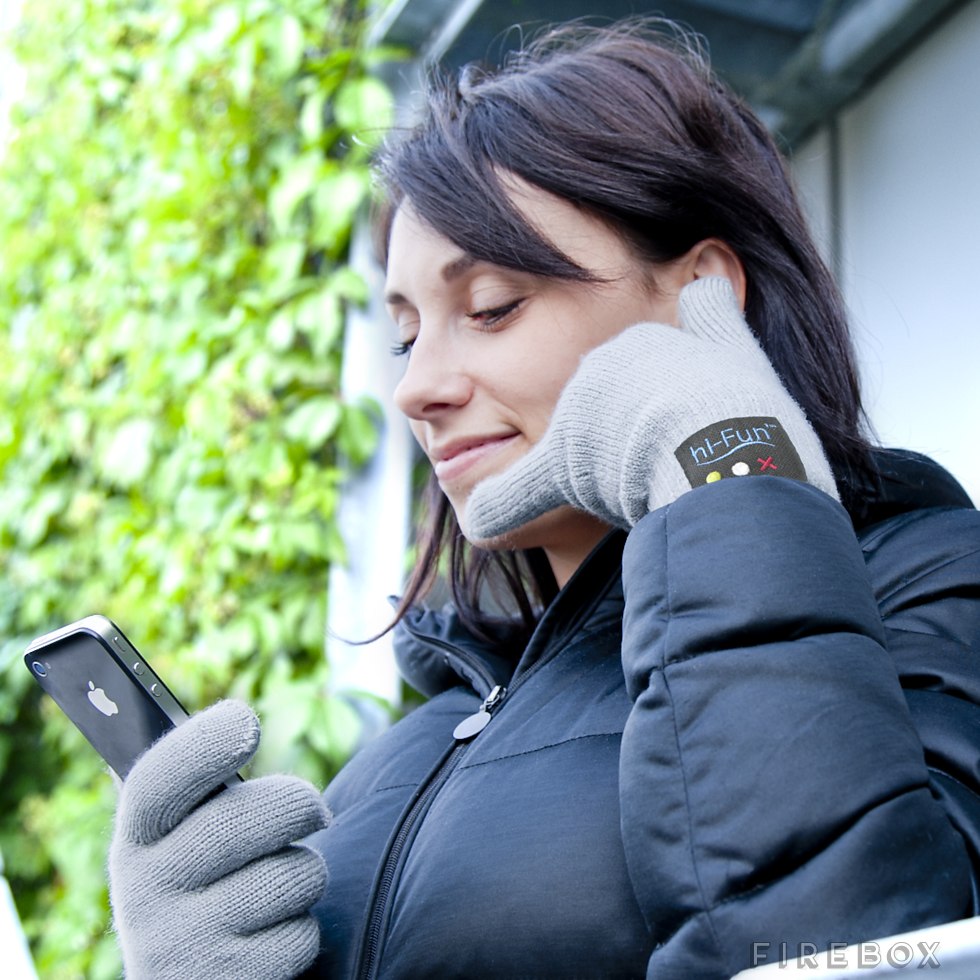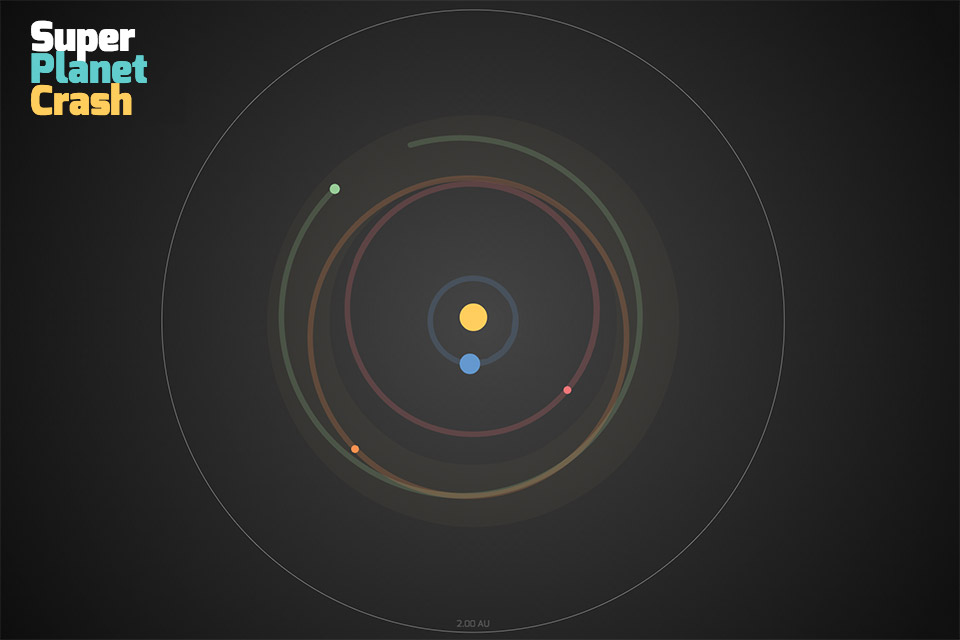What do you think about machines that think? Or should I say machines who think? That is the 2015 EDGE question.
Edge of Knowledge
Edge.org was launched in 1996 as the online version of “The Reality Club” and as a living document on the Web to display the activities of “The Third Culture”. What is the third culture? Oh to put it in their words. ‘the third culture consists of those scientists and other thinkers in the empirical world who, through their work and expository writing, are taking the place of the traditional intellectual in rendering visible the deeper meanings of our lives, redefining who and what we are’.
And members (Edgies) have been responding to an annual question now for some time.
What should we be worried about? What is your favourite explanation? How is the Internet changing the way you think? What will change everything? You know, just regular questions. OK big questions.
And this group contains a lot of famous names. Well this group is made up of famous people is a better description, from many walks of life, and so the answers are extremely interesting. Go and check a few out on the website.
Artificial Intelligence
As is the preamble on the website:
“In recent years, the 1980s-era philosophical discussions about artificial intelligence (AI)—whether computers can “really” think, refer, be conscious, and so on—have led to new conversations about how we should deal with the forms that many argue actually are implemented. These “AIs”, if they achieve “Superintelligence” (Nick Bostrom), could pose “existential risks” that lead to “Our Final Hour” (Martin Rees). And Stephen Hawking recently made international headlines when he noted “The development of full artificial intelligence could spell the end of the human race.”
But wait! Should we also ask what machines that think, or, “AIs”, might be thinking about? Do they want, do they expect civil rights? Do they have feelings? What kind of government (for us) would an AI choose? What kind of society would they want to structure for themselves? Or is “their” society “our” society? Will we, and the AIs, include each other within our respective circles of empathy?”
So how close are we to these predictions, dreams and nightmares? There is plenty of stuff on the web to feed the interested, and surely enough developments will surely move in that direction. Last week we learned that a computer can work out aspects of your personality thanks to your social media use (see the post here). But intelligence? Computing variables is not intelligence.
And can we say that learning is intelligence? Computers can certainly learn, but can they think? Can they reason? What does it mean to think? To make a decision based on what? If the decision is based on experience then to some extent it is a calculation, or a computation, and if that is the case then a computer can think.


